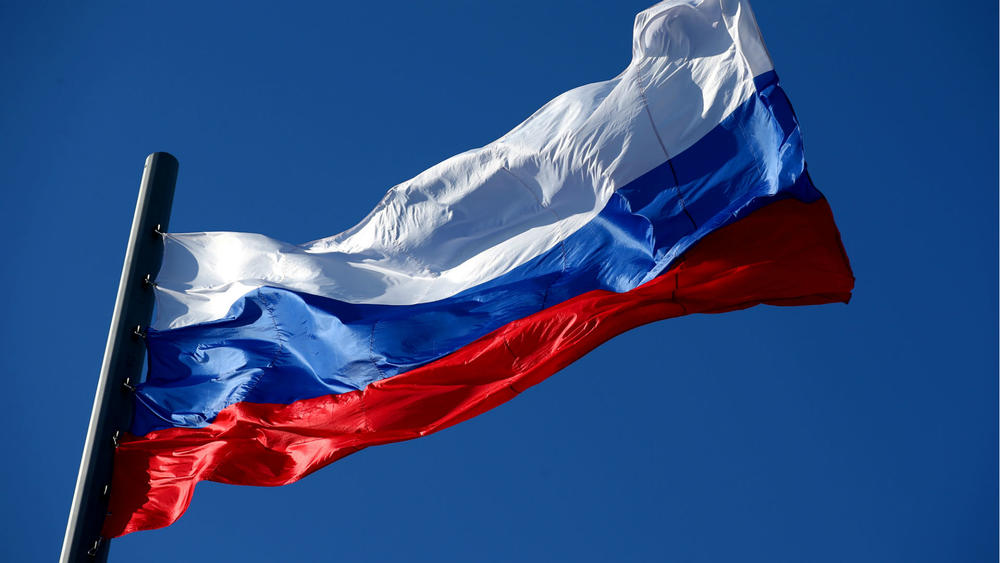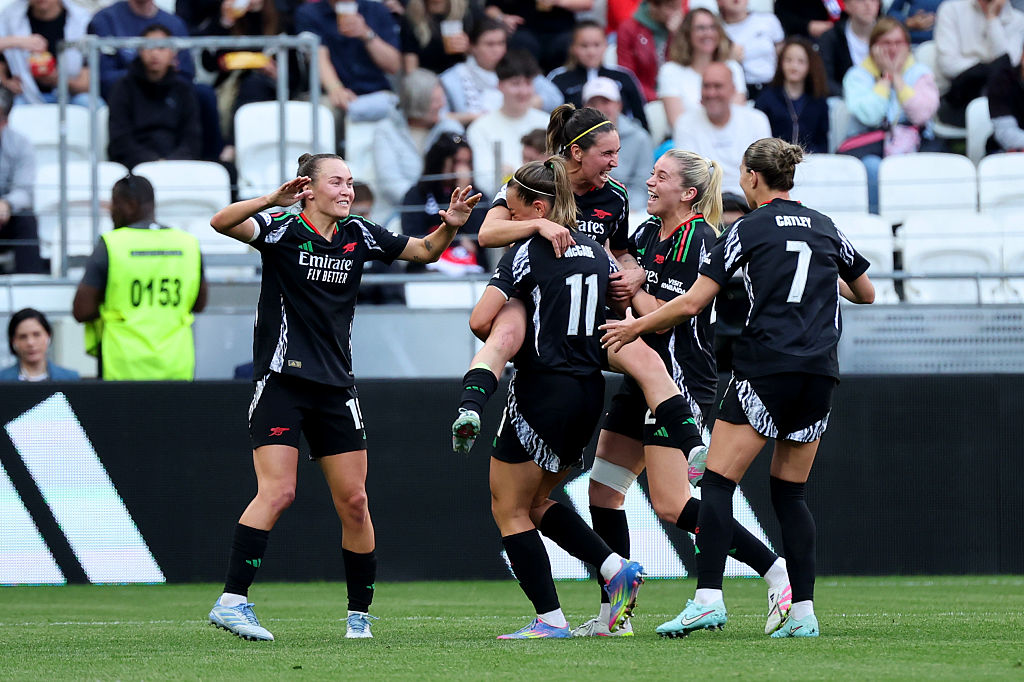Garcia Report: Conclusions of investigation into Russia 2018 bid
The conclusions of Michael Garcia's investigation into the Russian bid for the 2018 World Cup have been released.

FIFA released the full report from Michael Garcia's investigation into the controversial bidding process for the 2018 and 2022 World Cups on Tuesday.
The decision from world football's governing body comes after German publication Bild obtained what it said was a leaked copy of the findings and published allegations it claimed were included in the document.
FIFA made public a summary of Garcia's findings in November 2014 that cleared Russia and Qatar of wrongdoing in their successful bids, but the former New York attorney claimed at the time that the published version was "incomplete and erroneous".
It was already known that the Russian bid's computers were leased and subsequently destroyed, while Google USA were said by the bid not to have answered a request to recover e-mails pertinent to the investigation.
The conclusions of the investigation into the Russian bid, some of which were released as part of the previously published summary, are listed below.
FIFA statement on recent media coverage regarding the “Garcia Report” - June 27, 2017
- No evidence of collusion of Russian bid with another bid committee or member association
Get FourFourTwo Newsletter
The best features, fun and footballing quizzes, straight to your inbox every week.
Apart from a statement made by Japan bid CEO Kohzo Tashima, in which he claimed a vote-trading agreement had been struck between Japan and Russia a day before the vote, the report concludes that there are "no indications that the Russia Bid Committee has engaged in conduct aimed at colluding or collaborating with another member association or bid committee to influence the Bidding Process".
Allegations of collusion with the Australian and Spanish bids were also investigated.
According to a FIFA regulation, no member association was allowed to collude with any other member association or third party with a view to unfairly influencing the bidding process outcome.
- Only partial compliance with reporting requirements on contact made with FIFA ExCo Members
Russia did not report in advance all contacts with FIFA ExCo members as required but the report claims that "it is possible that the Russia Bid Committee misunderstood the explanation of the FIFA Ethics Committee and believed that they were not required to report each contact".
It is also pointed out, however, that further contacts were made without notification after the rules had been clarified.
The report concludes that "insufficient evidence was found in the documents made available and testimonies given suggesting that the Russia Bid Committee had attempted to unduly influence the Bidding Process by contacting FIFA ExCo Members".
- No violation of FIFA Rules of Conduct on gifts, grant of benefits or development assistance
The Russian bid is said to have adhered to rules on gifts to ExCo members, which "were, as far as evidenced in the documents provided and testimonies given, of a symbolic and incidental value".
"No documents made available for review or statements made by interviewed persons reasonably indicate that the Russia Bid Committee or the Russian Government attempted to unduly influence the Bidding Process through football development projects or friendly matches," the report added.
- No undue influence exerted on FIFA ExCo Members in an attempt to secure votes
"There is no evidence in this record to suggest that the Russia Bid Committee attempted to exert undue influence on any FIFA ExCo Members in order to secure their votes," reads the conclusion.
The investigation found no evidence that a deal between the Russian Gas Society and Franz Beckenbauer had a bearing on his vote, or that the Russian bid made payments to African nations to secure their support in the ballot.
In another example, a painting given to FIFA Medical Committee chairman Michel D'Hooghe by Russian bid lobbyist Vyacheslav Koloskov, which was reported to be a Picasso in the British press, was found to be of no value.
The bid was also cleared of attempting to unduly influence ExCo members who have since been found guilty of corruption.
